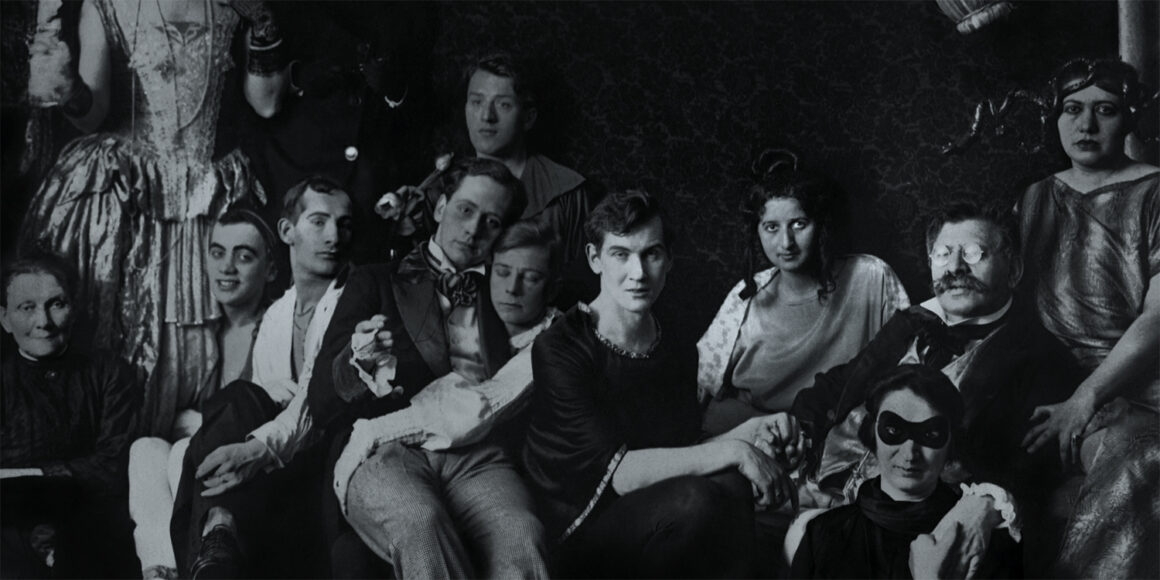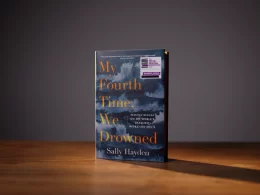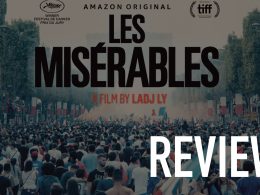By Conor Payne
Netflix’s new documentary Eldorado: Everything the Nazis Hate shows us a moment in time when, during Germany’s Weimar Republic (1918-1933), there was an opening up of some freedoms for queer people, which allowed many to live more openly than was the case almost anywhere else on Earth. This increased freedom existed alongside the simultaneous rise of the Nazis, whose accession to power brought it to an abrupt and brutal end – culminating in the genocide of queer people in the Holocaust.
Contradictions of Weimar Germany
The film documents the lives of some of those who frequented the Eldorado, one of many queer venues in Berlin at the time. What existed in the Weimar Republic was no liberation but an uneasy toleration. The law against male homosexuality, Paragraph 175, remained on the books, but courts demanded prohibitive levels of evidence to enforce. At the same time, police maintained “pink lists” of known queer people, which would later be used under the Nazi regime.
Trans people were issued medical passes by Magnus Hirschfeld’s Institute for Sexual Science, which allowed them to exist in public without harassment from the police. Crucially, however, this legal toleration was used by LGBTQ+ people to create a flourishing queer life, especially in Berlin. A key part of this was Hirschfeld’s institute which pioneered sexual and reproductive healthcare and education and affirmed its LGBTQ+ patients. The end of official censorship allowed the development of a queer press, including specific publications for gay men, lesbians and trans people.
All this existed alongside its opposite, the rapidly rising Nazi movement. This contradiction is explored in the figure of Ernst Röhm, a leading Nazi who headed the paramilitary wing of the Nazis, the SA. This mass organisation of millions played an important role in fascism coming to power. Röhm was widely known to be gay and made little attempt to hide the fact. The hyper-masculine culture of this all-male fascist street fighting organisation, which was used to carry out terror against Jews, the workers’ movement and the left, ironically facilitated the toleration of homosexuality among some of its leading figures.
This documentary is a fascinating insight into the lives of queer people who experienced both (at the time) unprecedented freedom followed quickly by unprecedented repression. While we are not experiencing anything equivalent to the coming to power of the Nazis, the film nonetheless is eerily resonant with the current right-wing backlash against LGBTQ+ rights.
Incomplete picture but important warning
Eldorado gives too limited a picture to really explain how such rapid changes in the fortunes of queer people could occur. It suggests that a mass of ordinary Germans outside the big cities were uncomfortable with the pace of change. While no doubt many people retained conservative views on these issues, throughout this period, the increased freedom of the Weimar period didn’t fall from the sky. It’s difficult to imagine it happening without the German revolution, which ended World War I and the German empire, which was dominated by an ultra-conservative and militaristic ruling elite.
This revolution, which isn’t mentioned in the film, was driven precisely by the mass of ordinary, working-class people in Germany. It threatened to bring down the whole capitalist social order.
The Weimar Republic was led not by revolutionaries but by those who had betrayed and crushed this revolution and saved capitalism in Germany, including the leadership of the Social Democratic Party. However, it was still forced to reflect in some ways the pressure of this powerful workers’ movement – including by the end of censorship, increased legal rights for women etc. This changed atmosphere was the context that allowed queer people to push through and create their own spaces where they could exist openly.
For analysis of LGBTQphobia, fascism, or the struggle for queer liberation, we should look elsewhere. Yet Eldorado remains an important window into queer history and a warning of the precarity of the rights we have won today.












